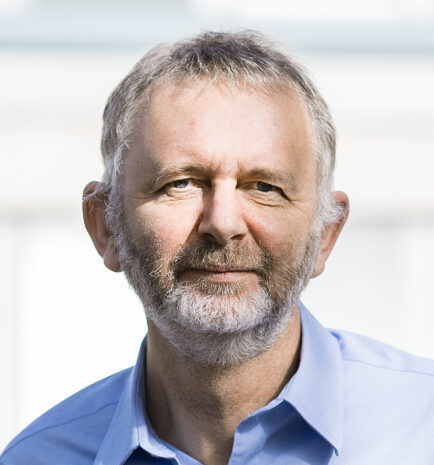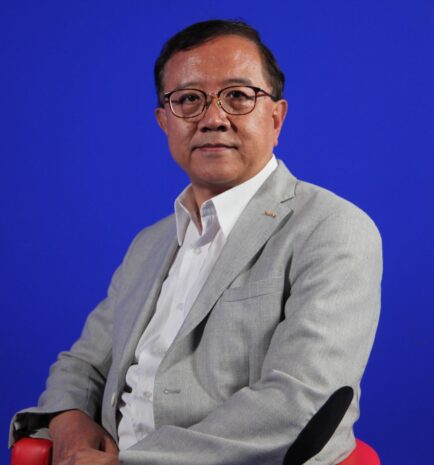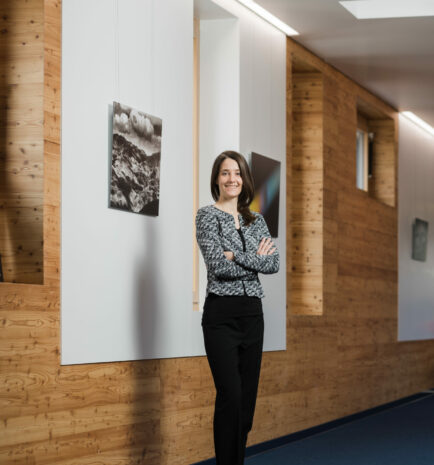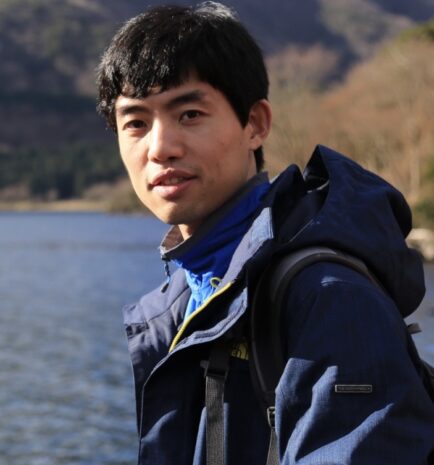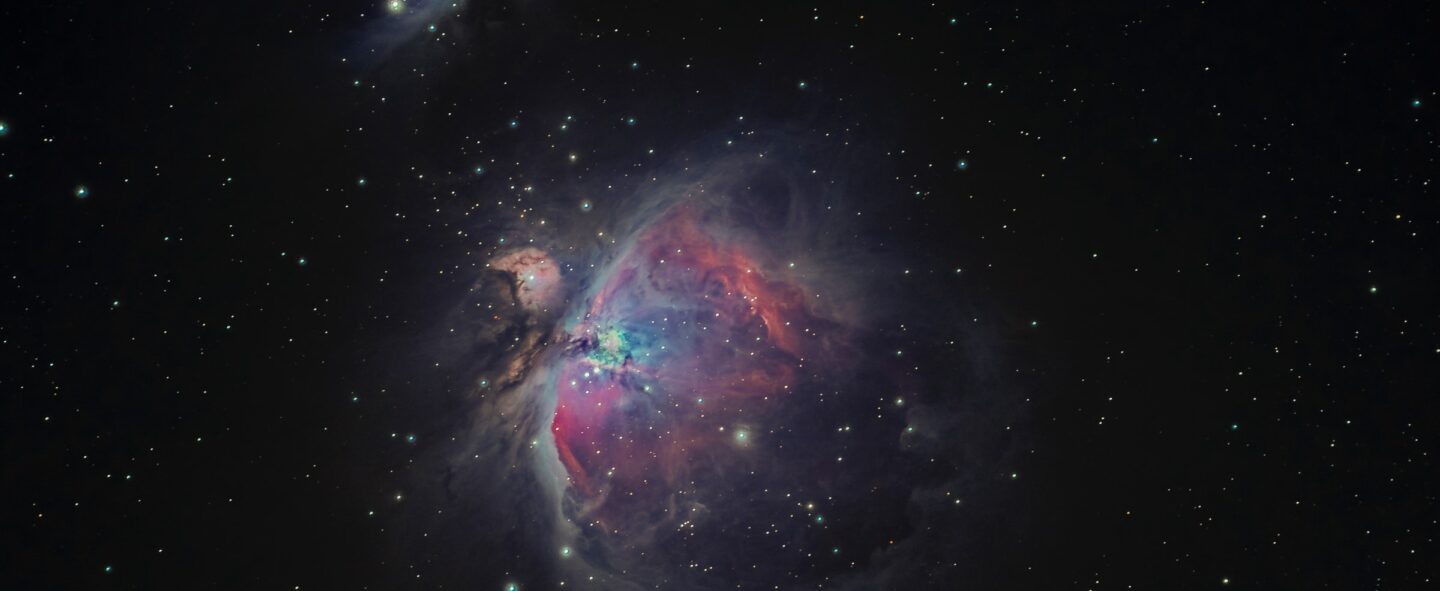
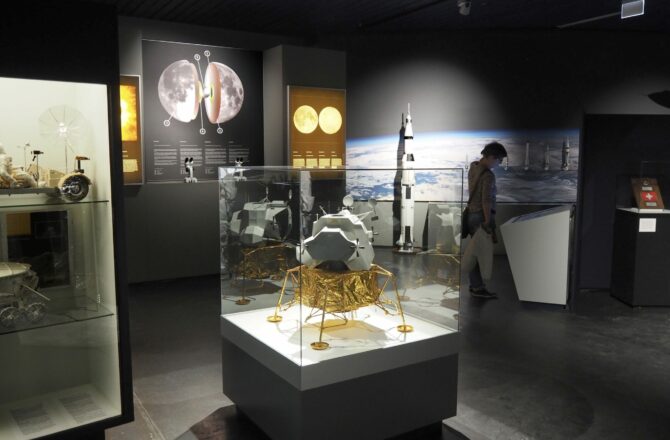
Having been captivated by the idea of distant worlds – and potentially even life – existing somewhere beyond our Solar System for millennia, humankind currently finds itself in a very exciting time for exoplanet research.
Since the discovery of the first planets beyond our Solar System, also known as “exoplanets”, in 1992 by Aleksander Wolszczan and Dale Frail, as well as the seminal discovery of “51 Pegasi” – the first confirmed exoplanet to be in orbit around a Sun-like star – by Swiss astronomers Michel Mayor and Didier Queloz in 1995, researchers have detected thousands of these weird and wonderful worlds, thereby not only confirming their existence beyond any doubt but also revealing a plethora of fascinating insights regarding the properties of individual planets, their atmospheres, as well as the planetary systems in which they are located.
Driven by increasingly powerful ground- and space-based telescopes, as well as sophisticated observational techniques, the field has subsequently grown considerably over the past two decades and is currently transitioning from an era of discovery to one of physical and chemical characterization. In order to respond to this shift, the Swiss National Science Foundation, therefore, created the NCCR PlanetS in 2014, which brings together prominent researchers from the Universities of Bern, Geneva, and Zurich, as well as of ETH Zurich and EPFL, to the study of the origin, evolution, and characterization of planets.
Composed of various research projects and platforms, the NCCR not only conducts cutting-edge research but also takes a leading role in a vast range of activities connected to planetary sciences, such as the coordination of the CHEOPS (CHaracterising ExOPlanets Satellite) mission, as well as carries out a large, multi-regional education and outreach program.
In the fourth edition of the nexFrontier webinar series, Prof. Dr. Nicolas Thomas will first introduce the NCCR PlanetS and their current activities, as well as provide an overview of the high precision space instruments that they developed over the years. This will be followed by a stimulating presentation by Prof. Dr. Ji Wu of a powerful new method called “astrometry”, which can be used to precisely identify exoplanets, especially from nearby stars. Then, Prof. Dr. Monika Lendl from the University of Geneva will offer a glimpse into the fascinating discoveries made by today’s cutting-edge space- and ground-based telescopes – with a particular focus on the CHEOPS space mission– on the properties of exoplanets. Finally, Prof. Dr. Shang-Fei Liu from Sun Yat-sen University will conclude the webinar by providing a brief outline of how planets are assembled, as well as of the evolution of planetary systems.
Event Rundown
*China Time
16:00-16:03
Nils Feldmann, Project Coordinator – Science Outreach & Diplomacy, Swissnex in China
Introduction
16:03-16:15
Prof. Dr. Nicolas Thomas, Professor of Experimental Physics at the University of Bern, Principal Investigator of the Color and Stereo Surface Imaging System (CaSSIS), member of the NCCR PlanetS
Space Instrumentation Development Within the PlanetS Domains
16:15-16:27
Prof. Dr. Ji Wu, President of the Chinese Society of Space Research (CSSR), Former Director General of the National Space Science Center (NSSC) of the Chinese Academy of Sciences (CAS)
Habitable Exoplanet Search by Astrometry
16:27-16:39
Prof. Dr. Monika Lendl, Astrophysicist and Assistant Professor at the University of Geneva, member of the NCCR PlanetS
Strange New Worlds: Planets Beyond the Solar System
16:39-16:51
Prof. Dr. Shang-Fei Liu, Associate Professor at the School of Physics and Astronomy and Chinese Space Station Telescope Center for the Guangdong-Hong Kong-Macau Greater Bay Area of Sun Yat-sen University
A Brief History of Planetary Systems
16:51-17:10
Q&A
Speakers
-
![]()
Bio
Prof. Dr. Nicolas Thomas
Professor of Experimental Physics at the University of Bern, Principal Investigator of the Color and Stereo Surface Imaging System (CaSSIS), Member of the NCCR PlanetSNicolas Thomas is a Professor of Experimental Physics at the University of Bern and the Principal Investigator of the Color and Stereo Surface Imaging System (CaSSIS). He was born in Shrewsbury, Great Britain in 1960 and graduated from the University of York in 1986. He came to Bern in 2003, where he specializes in developing remote sensing instruments for the detailed study of objects in our Solar System. His main interests include comets, the moons of Jupiter, and Mars. Moreover, Prof. Thomas has been a Principal Investigator or Co-Investigator on 10 instruments on NASA and ESA missions.
-
![]()
Bio
Prof. Dr. Ji Wu
President of the Chinese Society of Space Research (CSSR), Former Director General of the National Space Science Center (NSSC) of the Chinese Academy of Sciences (CAS)Professor Wu Ji is the President of the Chinese Society of Space Research (CSSR), as well as the former Director General of the National Space Science Center (NSSC) of the Chinese Academy of Sciences (CAS). He is a full member of the IAA (International Astronautics Academy), fellow of the IEEE Geoscience and Remote Sensing Society, member of the Advisory Board for Space Resources of the Government of Luxembourg, as well as a member of the International Advisory Committee of the UAE Space Agency. In addition, he once served as vice-president of the Committee for Space Research (COSPAR) (2010-2018), head of the CAS Strategic Priority Program on Space Science, chief designer of the application system of the Double Star Program, principal investigator of Yinghuo-1, and project manager of the scientific payload system of China’s Chang’e-1 and Chang’e-3 lunar exploration programs.
-
![]()
Bio
Prof. Dr. Monika Lendl
Astrophysicist and Assistant Professor at the University of Geneva, Member of the NCCR PlanetSActive as a professional astronomer in the field of exoplanet detection since 2007, Prof. Dr. Monika Lendl graduated with an M.Sc. in astronomy from the University of Vienna in 2009. Focusing on the discovery of extrasolar planets and the optimization of related observational techniques and instrumentation, she obtained a PhD in astronomy and astrophysics from the University of Geneva in 2014. Her international career included research appointments at the University of Liège (Belgium), the Max Planck Institute for Astronomy (Germany), and the Austrian Academy of Sciences. In this context, she for example led the GRAPPA project at the Austrian Academy of Sciences from 2017 to 2019, which was conducted in preparation of the CHEOPS space mission, and has since been managing the scientific program of CHEOPS, which is dedicated to the study of exoplanetary atmospheres. Prof. Lendl has moreover been leading several observational campaigns at the largest and most advanced ground-based telescopes. Today, she is an Assistant Professor at the University of Geneva, where she heads an SNF Eccellenza research group on time-variable phenomena in exoplanet atmospheres.
-
![]()
Bio
Prof. Dr. Shang-Fei Liu
Associate Professor at the School of Physics and Astronomy and Chinese Space Station Telescope Center for the Guangdong-Hong Kong-Macau Greater Bay Area of Sun Yat-sen UniversityProfessor Shang-Fei Liu obtained his Ph.D. degree in astrophysics from Peking University in 2013. Before he joined the School of Physics and Astronomy at Sun Yat-sen University as an Associate Professor in November 2018, he was a postdoctoral researcher at the University of California Santa Cruz (2013-2015) and Rice University (2015-2018). Professor Liu studies theoretical astrophysics with the aid of computational simulations. In particular, he is interested in how planets are assembled and what is the fate of planetary systems. Recent space exploration programs and astronomical observations have given rise to new challenges to the theory of planet formation. Professor Liu and his collaborators have built numerical models that run on supercomputers to tackle some of these key issues.
In collaboration with
NCCR PlanetS
Established by the Swiss National Science Foundation in June 2014, the NCCR PlanetS brings together researchers from the Universities of Bern (Leading House), Geneva (co-Leading House), and Zürich, as well as of ETH Zurich and EPFL, to contribute to a better understanding of planets by combining astronomical observations, measurements of solar system bodies using spacecraft, laboratory work and theoretical modelling. In addition to scientific research, the NCCR PlanetS also assumes a coordinating role in a vast range of activities connected to planetary sciences, as well as carries out a large multi-regional education and outreach program. In doing so, it ultimately aims to lay the foundations of a Swiss Institute of Planetary Sciences (SIPS), which will carry on these activities beyond the lifetime of the NCCR.
nexFrontier
nexFrontier is the latest webinar series at Swissnex in China, which spotlights cutting-edge research in Switzerland and China. With a particular focus on the Swiss National Centers of Competence in Research (NCCRs) and top-class research labs in China, this series hopes to introduce the most pioneering research advancements in Switzerland and China to an enthusiastic audience, as well as promotes potential exchanges and collaborations between the two labs or institutions.
